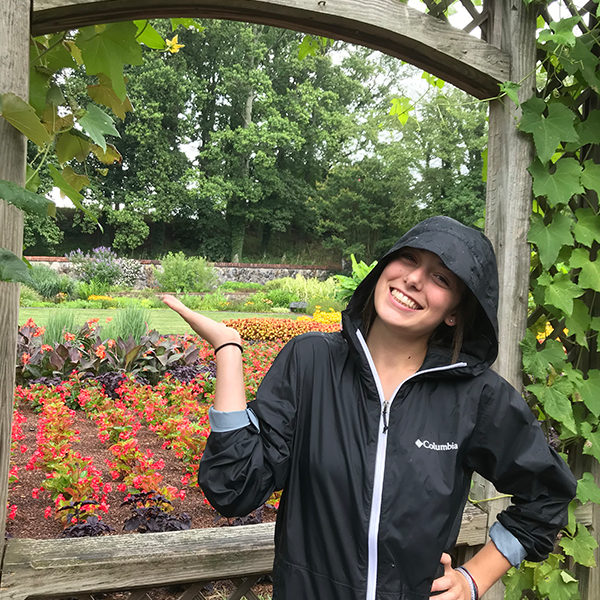
Pocket Prairies Support Bee Diversity in Cleveland, Ohio

Name: Jena Copley
Major: Biology
Minor: Environmental Studies
Advisors: Dr. Jennifer Ison and Dr. Kayla Perry, Dr. Rick Lehtinen (second reader)
Urbanization reduces the availability of natural habitat and resources leading to fragmented land that is unable to support healthy ecosystems. In order to combat these effects, urban ecologists are studying urban green spaces and their ability to support abundant and diverse flora and fauna communities. By quantifying insect communities, like bees, in an urban setting, we aim to contribute to the information regarding the conservation value of urban green spaces. Our research observes three different types of urban green spaces in the city of Cleveland, Ohio (vacant lots, pocket prairies, and old field sites) and quantifies the diversity and abundance of bees each habitat type supports. Using 24 total sites (8 pocket prairies, 8 vacant lots, and 8 old field sites), we collected bees by pan-trapping during the months of June, July, August, and September of 2019. Following collection, we identified all bees to genus for analysis of bee abundance, genera richness, and genera diversity between the site treatments. Our study revealed that the highest mean bee abundance, genera richness, and genera diversity was seen in the pocket prairie sites. Using a General linear model, we found a statistically significant relationship between our predictor variable, site treatment, and our response of bee genera diversity. When analyzing our floral predictor variables of flowering species richness and flower abundance, we found no significant connection between the floral predictors and our responses of bee abundance, genera richness, and genera diversity. Our findings suggest that pocket prairies have the ability to support diverse and abundant bee populations in an urban setting. Our data can help contribute to the ongoing research of the Cleveland Pocket Prairie Project, working to develop new land management designs that promote conservation of wildlife in urban landscapes.
Jena will be online to field comments on April 16:
noon-2pm EDT (PST: 9-11am, Africa/Europe: late afternoon)
Posted in I.S. Symposium 2021, Independent Study on April 10, 2021.
Related Posts
Related Areas of Study
Environmental Studies
Natural sciences, social sciences, and humanities courses combine for those who want to be part of environmental solutions
Major MinorBiology
Explore molecular and cellular biology, ecology and more with top faculty and access to extensive lab facilities.
Major Minor

